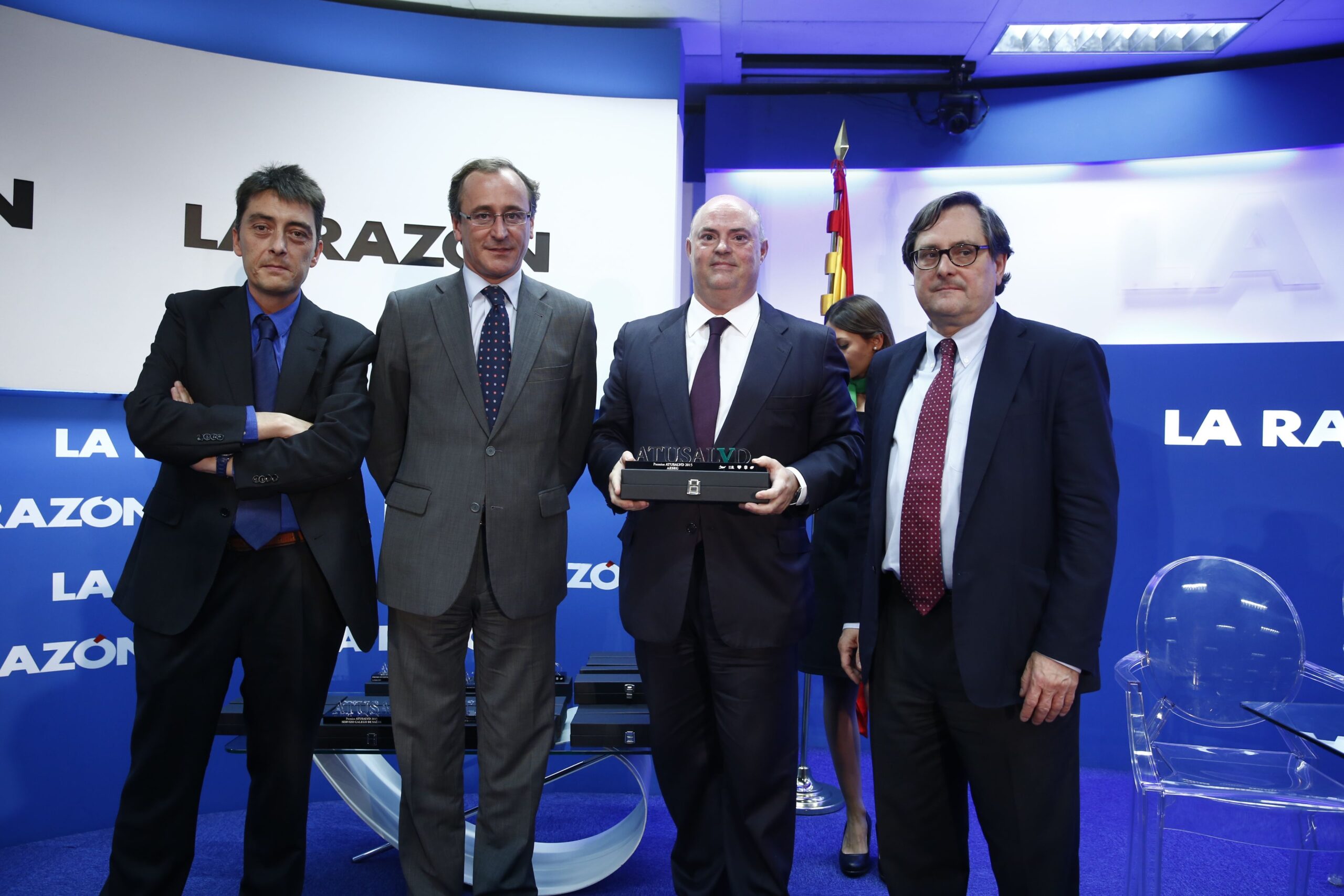This week I was in Madrid attending the ‘To Your Health’ awards, which every year brings together, at the headquarters of the «La Razon» newspaper, those organizations and professionals with the biggest pulling power in the sector. This year I also went to collect an award, as happened in 2013, when the work in our Plan for the Promotion and Prevention of Health in our Care Integration Model was recognized. This time, the award went to our Chronic Patient Care Plan, which our group is working on to try to meet the needs of the citizens of the XXI century, addressing the needs of people at all stages of their life and with an effective coordination and integration care model.
According to the Basic Demographic Indicators published this week by the National Statistics Institute, beyond the age of 65 it is probable that we will live for another 21.2 years (19.1 for men and 23 for women). This means that when a citizen retires, they can look forward to living up to the age of 86 years old. We have a lot of work ahead of us, but it seems that we are on the right track, as the Professor of Health Economics and Public Policy at the University of California-Berkeley (USA), Richard Scheffler, declared.
This week, Scheffler took part in a conference held in the Ramón Areces Foundation, in collaboration with the Carlos III University of Madrid, where he commented that Spain needs to reform its health care system, moving towards a comprehensive and coordinated system to address the aging population and reduce health care costs. I can not agree more with the professor. And, most interestingly, it was our management model that was used as an example of how to address the challenges of aging and chronicity.
He literally said: «With this model it has been shown that the government saves 20% of its health budget. The most interesting thing is to see what happens when you allow an integrated system to change the management structure of the organization. By working a lot on prevention, the number of preventable hospital admissions increases. Spain has been a leader in this field with the Alzira model. This is not the only model, but the use of payment by results is very important if we want to change the care system.»
In summary, this week we received dual recognition for our care and management model. From both inside and outside our country. And the credit goes to our staff, who every day strive not only to provide high quality health care, but also innovate and bring public value by developing modern management tools. To all of them I send my warmest congratulations. Well done.

